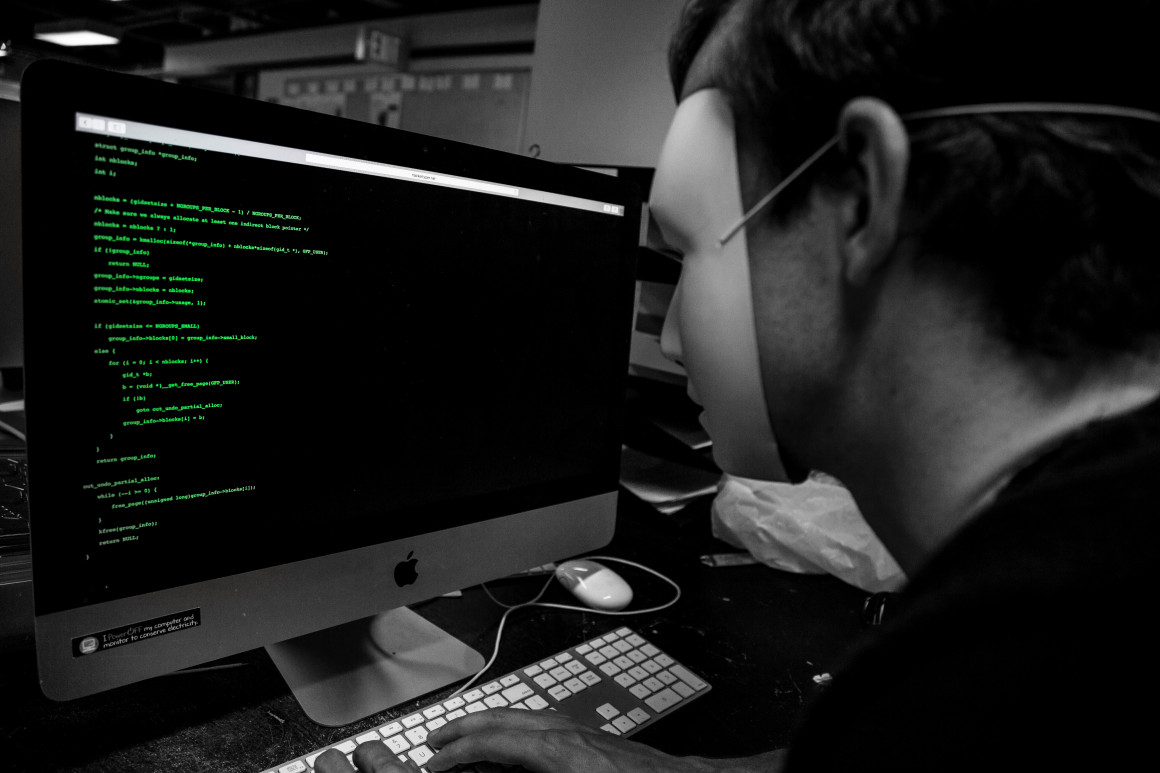
University of Calgary malware attack caused by pissed off first-year hacker
By Derek Baker, June 7 2016 —
The University of Calgary has discovered the origin of the attack that recently disrupted the university’s servers. First-year computer science student Dexter Trojan created malware that affected the U of C’s networks.
Sitting in his parents’ dimly lit basement, eyes fixated on his computer screen with an unblinking stare, Trojan explained why he targeted the U of C’s servers.
“I’m basically already a coding expert, but my prof was a total jerk and failed me in CPSC 233,” Trojan said. “I sure showed them — they’re all a bunch of plebs.”
Trojan said it was relatively simple to hack into the U of C’s archaic computer system. He crafted a convincingly deceiving phishing email.
“Congratulations, you won! You’re our one millionth visitor — click here to win an iPad 7S and an all-expense paid vacation to Cuba courtesy of a Nigerian prince where you can meet hot, local singles and get a 14” penis enlargement,” the message said.
The clever email fooled many staff and faculty into clicking a link that installed the malware onto the server.
Though IT warns staff and students to be on the lookout for suspicious emails, many people still have difficulty recognizing phishing attempts.
“I didn’t see any trout, sturgeon or tilapia in the email, so I assumed it was safe,” 65-year-old anthropology professor and fishing expert William Walters said.
Chaos erupted across campus when the servers went offline. Many professors were left in a panic as they were unable to access their email accounts.
“I had so many emails that I wasn’t going to respond to and so many student appointments in my calendar that I wasn’t planning to keep,” Walters said.
History professor Steve Smith also expressed his frustration with being unable to access the school’s network.
“I just finished marking final exams from winter 2012. I was just about to post them on the D2L blackboard,” he said.
Smith had to use his personal email account while the university’s servers were down. The address xx_SmithyBoii420_xx@hotmail.ca informed his students that the grades were finally posted.
IT services were quick to respond to the security breach once discovered.
“We tried everything we could,” IT serviceperson Joe Java said. “We tried moving closer to the router, pressed CTRL+ALT+DEL at least half a dozen times and even turning it off and on again. Nothing seemed to work.”
When it was clear that their expert tricks were not solving the problem, IT concluded that the network had been hacked.
Touted as an app that “can save lives and prevent injury,” the UC Emergency app was used to relay alerts of the utmost importance regarding the status of the service disruption.
Messages included, “oh shit, literally everything’s broken,” “there is no reason to panic — everything is under control. Ignore the screams you hear coming from the IT office” and “RIP in peace Microsoft Exchange.”
After failing to crack the encryption codes caused by the malware, the U of C paid $20,000 in ransom to fix the networks. The money was deposited to Trojan’s Unicard funding his Tim Hortons consumption and printing fees for the remainder of his degree.
Trojan said he doesn’t regret his decision.
“To be honest, I don’t see what the big deal is,” Trojan said. “It’s not like the school’s wi-fi worked in the first place.”
This article is part of our humour section.
